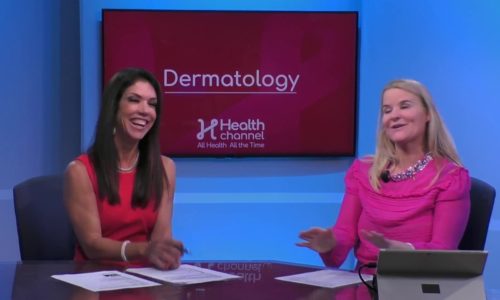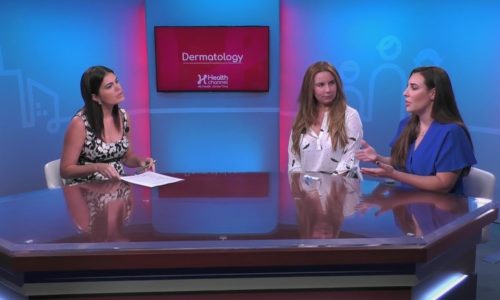Risk Factors of Plastic Surgery |
Every surgery has risks, including cosmetic and plastic surgery. Dr. Ricardo Castrellon, Director of South Miami Hospital’s Burn Center, explains the risk factors of plastic surgery, and highlights the risk of having a heart condition and the complications that might be caused in the operating room.
Transcript
So what other medical conditions would interfere with plastic surgery I would say number one is obviously your you don’t want to have a heart condition cardiac conditions are definitely a
problem your it’s real surgery and and patients say I would think this is just a small surgery I’m just gonna have a little something you can potentially have complications with real surgery so cardiac conditions the use of anticoagulants are very important history of prior blood clots are a problem as well and depending on which part of the body you’re working we’re gonna be looking for right different pitfalls high blood pressure for facelifts is gonna be a problem we want to make sure they do blood your blood pressures will control that you’re not on blood thinners and you know for tummy tucks we want to make sure you haven’t had blood clots or things like that are traveling abroad or overseas you know getting on a plane after you had a cosmetic surgery and intervention puts you already a risk for for developing blood clots so we’re always on top of those the other thing I was gonna tell you vitamins and some supplements yes so how do they interfere they can act as as blood thinners so that’s a big consideration for that especially like the number one that we can think about is gingko biloba which will almost be be as a blood thinner but there’s other
there’s definitely other supplements out there that can affect your blood viscosity you








